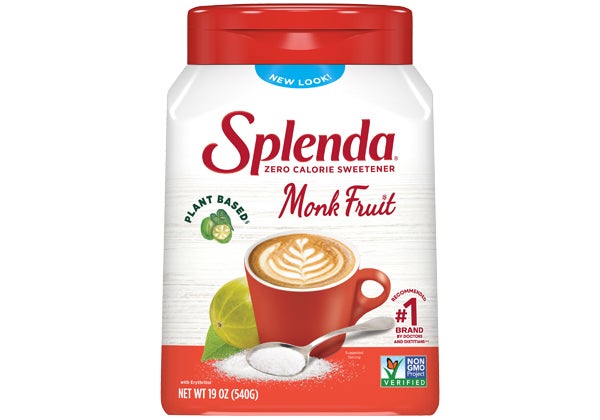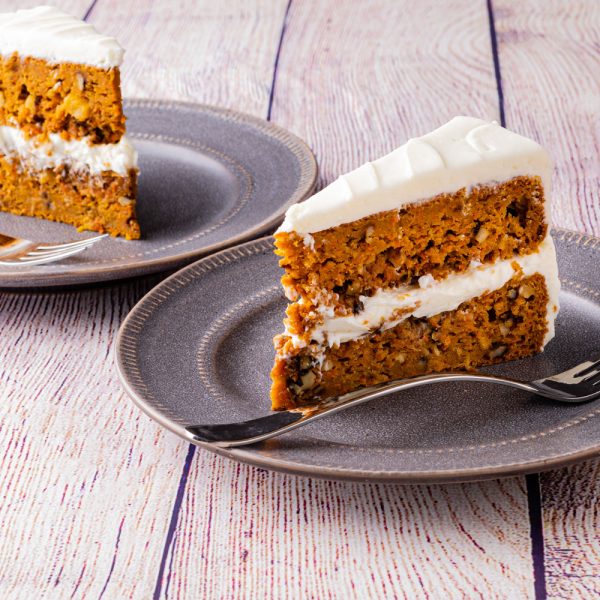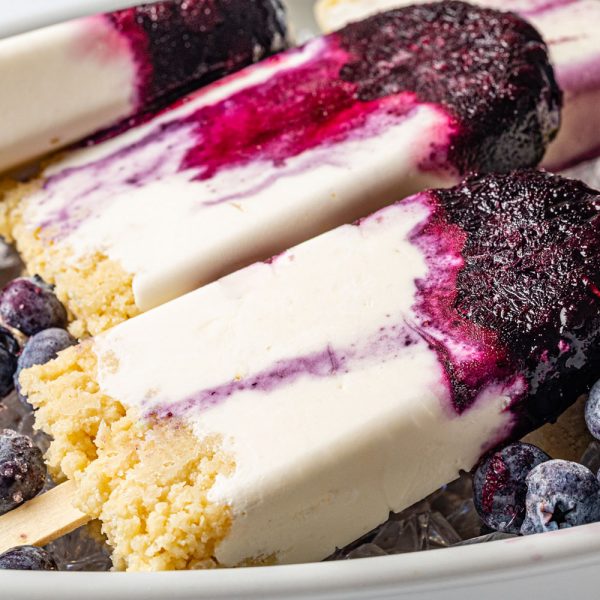Everything You Need To Know About Erythritol
Compared to Sugar, Erythritol is a Much Healthier Way to Sweeten Foods and Drinks
May 23, 2022
Erythritol may be difficult to spell and pronounce (ur-ith-ruh-taal), but don’t let that stop you from sampling this non-caloric sweetener. Erythritol makes it easy to cut back on sugar without sacrificing taste.
And erythritol is perfect if you’re on a low-carb or keto diet. Why? Because it doesn’t raise blood sugar, doesn’t raise insulin, and doesn’t kick you out of ketosis.

But erythritol isn’t just for keto folks. It’s for health-conscious people everywhere who crave sweetness without the negative consequences of sugar.
In fact, consuming erythritol appears to have positive consequences. We’ll cover those benefits soon, along with how to use erythritol. First, though, let’s cover some basics.
What Is Erythritol?
Erythritol is an indigestible carbohydrate called a sugar alcohol. But don’t worry, it’s neither sucrose (sugar) nor ethanol (alcohol). It’s a completely different molecule produced through a natural fermentation process.
Sugar alcohols are considered “indigestible” because they aren’t digested like other carbs. Most carbs—like sugar and starch—are broken down in the small intestine, absorbed as glucose (sugar), then end up as blood sugar.
Most sugar alcohols, however, pass through the small intestine to become food for gut bacteria in the large intestine. Sometimes this causes gas and bloating.
But erythritol isn’t like most sugar alcohols. Most of the erythritol you consume (about 90%) is absorbed intact through the small intestine and excreted intact through urine. It never gets broken down.
Erythritol may not behave like sugar in your body, but it’s still plenty sweet. That’s why the keto community has embraced erythritol—especially in frozen desserts.
Erythritol vs Sugar
A gram of erythritol contains 0.2 calories. A gram of sugar, by contrast, contains 3.9 calories. Big difference.
An excess of empty calories is driving rates of obesity steadily upwards. The average American consumes nearly 17 teaspoons of added sugar per day. The more sugar someone consumes, the more weight they gain.
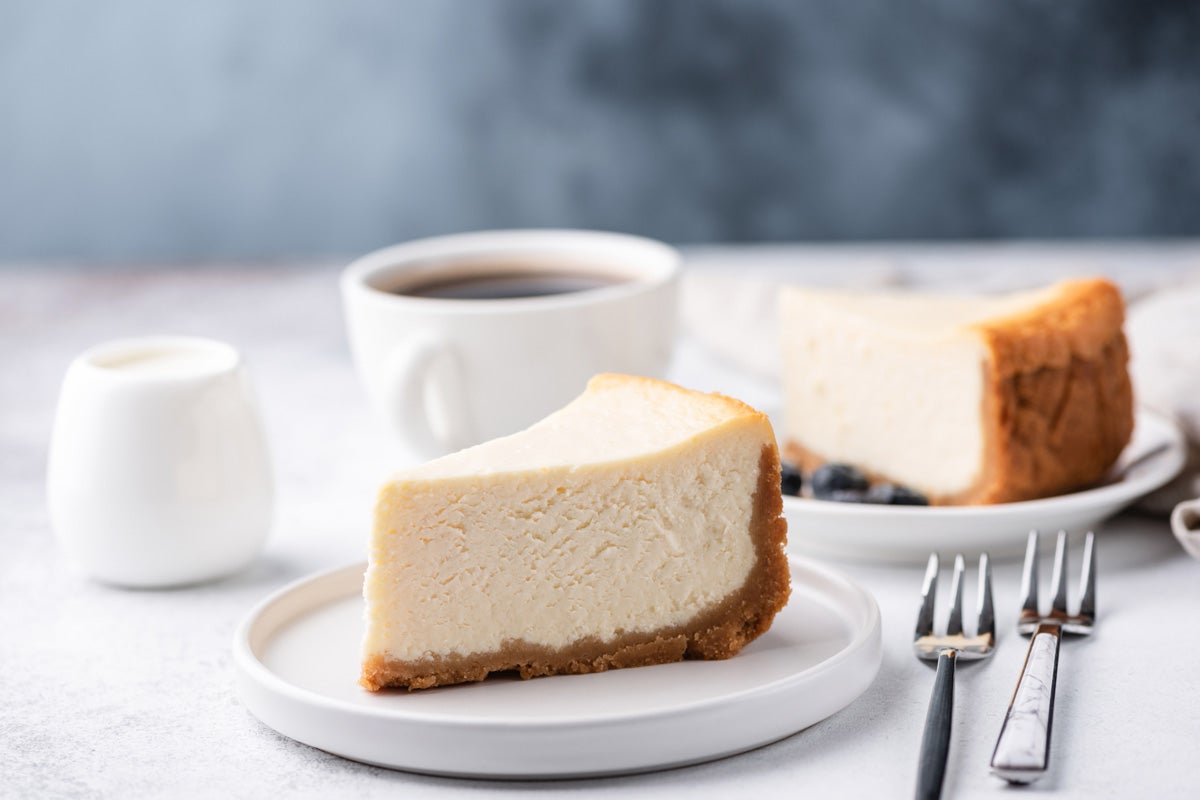
High-sugar diets have also been linked to type 2 diabetes, heart disease, cognitive decline, chronic inflammation, and (no surprise here) cavities. To improve our collective health, we need to cut back.
Erythritol can help. People don’t crave sugar, per se, but rather the rewarding feeling (triggered by brain chemicals like dopamine) of sweet tastes. Erythritol satisfies those urges.
And it satisfies them without shutting down fat-burning like sugar does. This is essential for entering the beneficial metabolic state called ketosis.
So yes, erythritol is a keto-friendly sweetener. Sugar is not.
Erythritol Health Benefits
Why choose erythritol as your preferred sugar alternative? Beyond the sweet and cool taste, consider these health benefits.
#1: Blood sugar and insulin management

Erythritol, recall, is absorbed and excreted intact. Because of this, it doesn’t raise blood sugar levels.
When you keep blood sugar low, you keep insulin (the blood sugar boss hormone) low. And low insulin is the key to ketosis.
Beyond keto, preventing high blood sugar—a metabolic state linked to heart disease, type 2 diabetes, and many other diseases—is a good practice for general health. Replacing sugar with erythritol can help with this goal.
#2: May improve blood vessel function
When you absorb erythritol, it enters your bloodstream. Once there, it appears to exert protective effects on blood vessels in both rats and humans.
In the human trial, 24 type 2 diabetics were given 36 grams of erythritol each day for a month. At the end of the study, the participants had reduced aortic stiffness and better small vessel function—both positive signs for heart health.
#3: Fights dental plaque
Why does sugar cause cavities? Because consuming sugar feeds oral bacteria like Streptococcus mutans that drive plaque formation.
The good news is: sugar alcohols like erythritol, xylitol, and sorbitol inhibit this bacteria. Especially erythritol.
In one study, researchers found that erythritol candies were more effective than sorbitol or xylitol candies at reducing plaque in grade school children.
Erythritol Safety and Side Effects

Multiple human studies have found that erythritol is a safe and well-tolerated sweetener. In one well-designed trial, 35 grams (a rather large dose) caused no issues in healthy people.
Erythritol tends to cause fewer GI side effects than xylitol, sorbitol, and other sugar alcohols. Why? Because it’s absorbed intact through the small intestine rather than passing into that cauldron of bacterial fermentation: the large intestine.
Nonetheless, large doses of erythritol (~50 grams) may cause side effects such as stomach gurgling and nausea. Avoid these mega doses and you should be fine.
How To Use Erythritol
You can use erythritol anywhere you’d use sugar. Let’s see some examples.
Erythritol for Baking

Make cookies, cakes, and pies (100% guilt-free!) with erythritol-based sweeteners like Splenda Monk Fruit Sweetener and Splenda Stevia Sweetener Jar. Here are some recipes to get you started:
- Low-carb chocolate mint cookies
- Keto chocolate coconut cupcakes
- Carrot cake with cream cheese frosting
Erythritol for Frozen Foods and Desserts

Erythritol is ideal for ice cream, frozen yogurt, and popsicles because it has a cooling aftertaste. (And by the way, basically zero calories!). Make your taste buds dance with these key lime ice cream pops and keto blueberry cheesecake pops made with Splenda Monk Fruit Sweetener.
Erythritol for Drinks and Smoothies
Want a sweet drink without the calories? Just use erythritol.
And if you want to get creative, try a Pineapple matcha smoothie.
Is Erythritol Healthy?
Compared to sugar, erythritol is a much healthier way to sweeten foods and drinks. It’s non-caloric, doesn’t spike blood sugar, and isn’t linked (as sugar is) to a raft of health consequences.
If you want to try erythritol, you have options. You can buy erythritol on its own, or you can opt for 1:1 sweeteners like Splenda Monk Fruit Sweetener. Splenda Stevia Sweetener Jar is another great option, which measures 2:1 with sugar. Happy sweetening.
Written by Brian Stanton, author of Keto Intermittent Fasting, a certified health coach, and a leading authority on the keto diet. Follow Brian’s work by visiting his website at brianjstanton.com.
Recipes Made with Splenda Sweeteners with Erythritol
Try Splenda Sweeteners with Erythritol
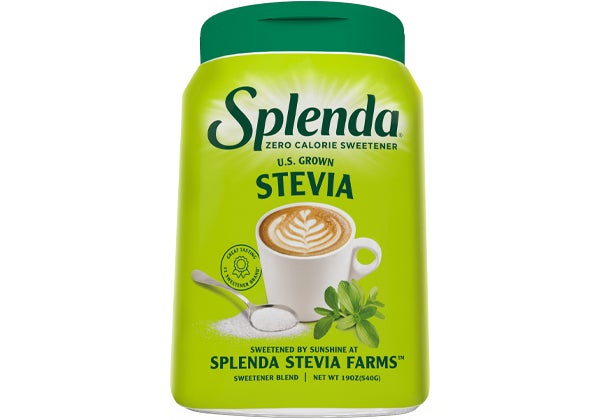
Splenda® Stevia Sweetener, 19 oz Jar
